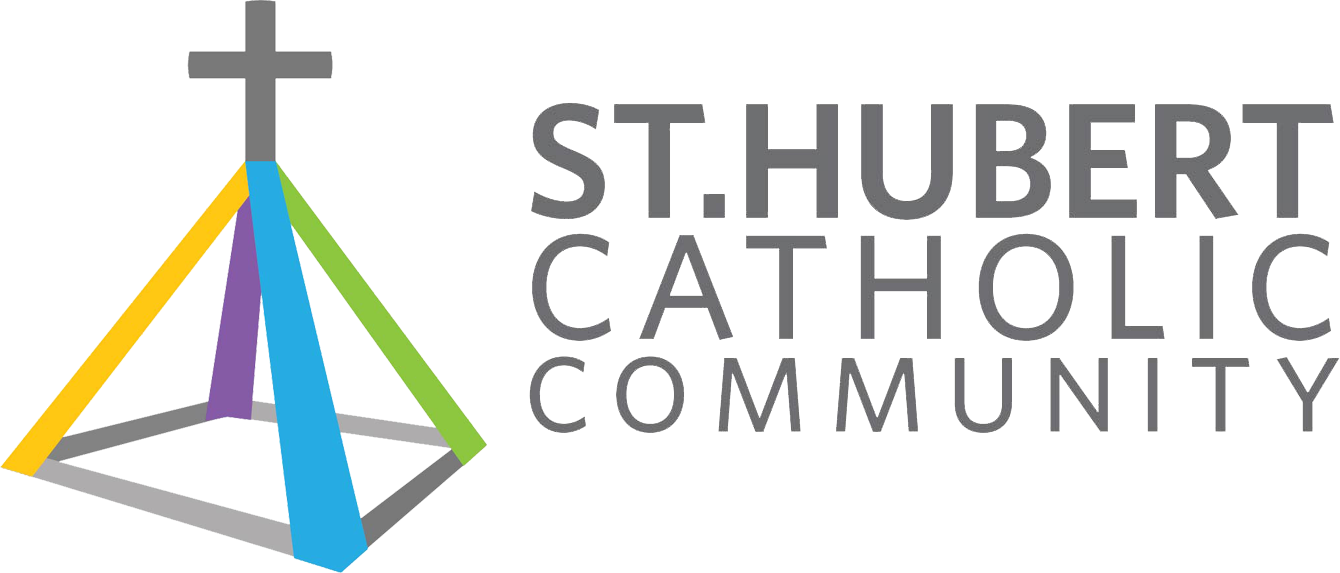By, Fr. Tollefson
This past Sunday, we celebrated the Feast of the Baptism of the Lord, thus concluding the annual Advent-Christmas-Epiphany cycle of feasts. Next Sunday we are back to Ordinary Time.
A few weeks back, it was my turn to do a baptism here. In every homily I involve the children present. “What do we use water for?” I ask. “Bathing.” “Drinking.” “Swimming.” are the usual replies. Yes, all of those are true,” I reply. In baptism, we are bathed, washed from original sin, a stain on our otherwise beautiful human nature, a stain that we have inherited from Adam and Eve that has been passed down throughout the centuries. We take the words of Jesus in the Gospel of John quite seriously: “Jesus answered, ‘Amen, amen, I say to you, no one can enter the kingdom of God without being born of water and Spirit’” (John 3:5). This verse is the basis of the canon, or rule of law, which governs the Catholic Church: that a child should be baptized within “the first few weeks after birth.” Yes, God can and does save outside of the Sacraments, but the normal way of becoming a Christian is by faith and baptism.
Unfortunately, due to our highly mobile society, the baptism of infants is getting delayed—sometimes even by months after birth—in order to accommodate busy family schedules. As your pastor, I would encourage you have your child baptized as soon as it is possible by a clergyman here at St. Hubert. (In case of emergency, in which a clergyman cannot be present, you should baptize a child by pouring water over their head and saying, “I baptize you in the name of the Father, and of the Son, and of the Holy Spirit.”) Accommodating schedules should not take precedence over the importance of having your child baptized very soon after birth; if schedules don’t permit relatives or key friends to arrive in our area until months later, perhaps you could simply delay the baptismal party to such a time.
In addition to garnering the attention of the children present so as to engage them further in the celebration of the sacrament, I also highlight the critical importance of the role of the godparents. In baptism class, which happens before the baptism, we encourage parents to choose someone who is a serious Catholic, not merely Uncle Billy or your sister Sally simply because they are so beloved. It is best to choose active Catholic godparents who would function in the place of the child’s parents if they tragically both passed away, assuring that the child will be brought up in the Catholic faith (i.e. go to First Reconciliation, First Communion, and receive Confirmation). An “active Catholic” means someone who goes to Mass each Sunday and Holy Day of Obligation, lives by the laws of marriage of the Church, prays and has a personal friendship with Jesus, and lives a life at least free from habitual mortal sin. Non-Catholic Christians may not serve as godparents of Catholic children who are baptized, but may indeed serve as a Christian witnesses of the baptism.

